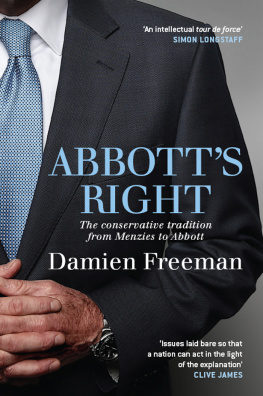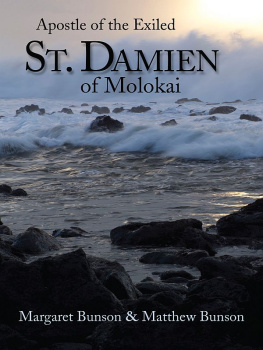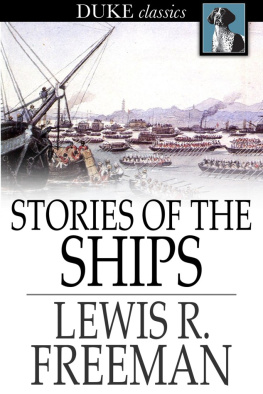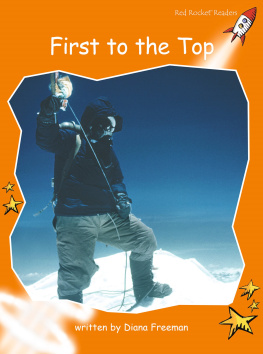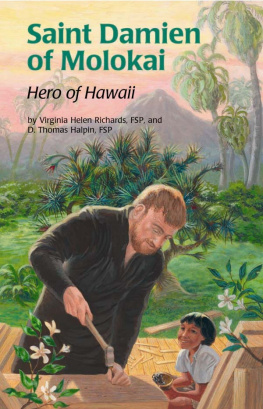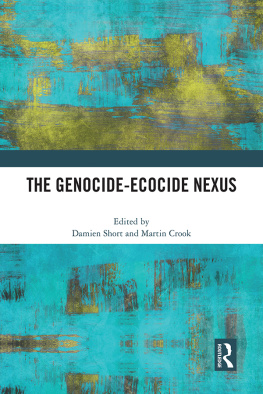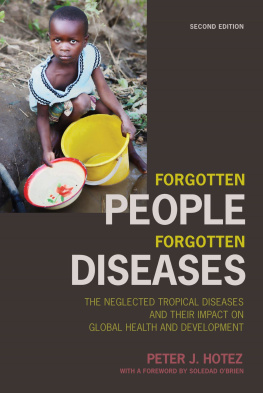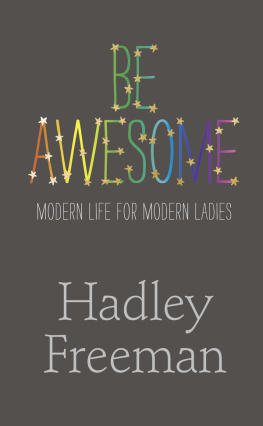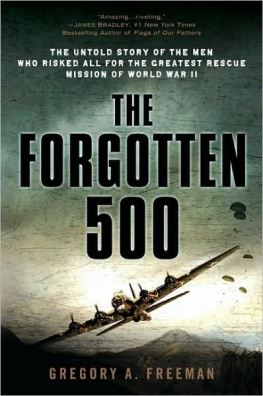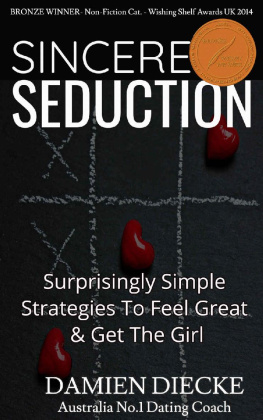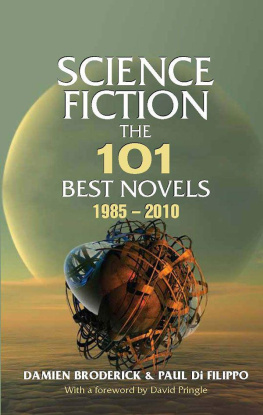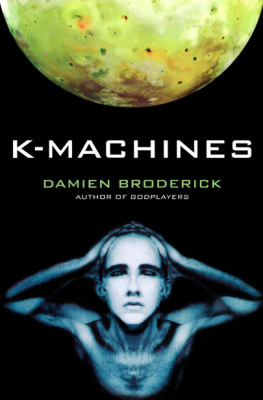The Forgotten People fills me with great pride and immense hope that a broader consensus among all Australians may yet emerge. It is the result of genuine engagement with the right.
NOEL PEARSON (foreword to The Forgotten People)
Symbolism is important in law and life. More tokenism is empty. The problem with many proposals for a symbolic acknowledgment of Australias Aboriginal people in our Constitution is that many supporters want it to be purely symbolic. Some even propose an express disclaimer of any legal consequences. The authors of The Forgotten People correctly insist that the pathway between symbolism and tokenism is deep and demands respectful consultation with Aboriginal Australians themselves. Nothing less will do. A most timely book.
MICHAEL KIRBY AC CMG
This book proves that the pursuit of truth and justice is not the sole prerogative of either the left or the right, rather it falls to the humanity of the individual. The unfinished business of our Constitution is a question of truth and justice that all Australians will shortly consider. I urge you to open this book and your mind to engage in making a better Australia.
RACHEL PERKINS
The Forgotten People is a marvellous collection of considered and passionate responses from leading Australians about how indigenous people might be recognised in our Constitution. Whether you agree with the proposals or not, each demands our own thoughtful attention and reflection. Only by considering all the different proposals can we hope to settle on the right way forward.
JANET ALBRECHTSEN
For a nation that has traditionally exhibited a cautious scepticism toward constitutional change, it is likely that indigenous constitutional recognition will require the assistance of constitutional conservatives to demonstrate that such a change is necessary, but also that it can be executed safely. However, before conservatives can be enlisted to convince the Australian people of the wisdom of change they will first need to convince each other. This book is fascinating because it represents the important foundational step of those constitutional conservatives who believe there is a sound reason for change, then embarking on the task of convincing each other how that change could be best achieved in a manner and with outcomes that might be acceptable to the majority of voters in a majority of states.
CHRISTIAN PORTER MP
MELBOURNE UNIVERSITY PRESS
An imprint of Melbourne University Publishing Limited
1115 Argyle Place South, Carlton, Victoria 3053, Australia
www.mup.com.au
First published 2016
Text individual contributors, 2016
Design and typography Melbourne University Publishing Limited, 2016
This book is copyright. Apart from any use permitted under the Copyright Act 1968 and subsequent amendments, no part may be reproduced, stored in a retrieval system or transmitted by any means or process whatsoever without the prior written permission of the publishers.
Every attempt has been made to locate the copyright holders for material quoted in this book. Any person or organisation that may have been overlooked or misattributed may contact the publisher.
Cover design by Design by Committee
Typeset by Megan Ellis
Printed in Australia by McPhersons Printing Group
National Library of Australia Cataloguing-in-Publication entry
The forgotten people: liberal and conservative approaches to recognising indigenous peoples/edited by Damien Freeman and Shireen Morris.
9780522869637 (paperback)
9780522869644 (ebook)
Includes index.
Aboriginal AustraliansLegal status, laws, etc.
Aboriginal AustraliansSocial conditions.
Torres Strait IslandersLegal status, laws, etc.
Torres Strait IslandersSocial conditions.
Law reformAustralia.
Race discriminationAustralia.
ConservatismAustralia.
LiberalismAustralia.
AustraliaPolitics and government.
Freeman, Damien, editor.
Morris, Shireen, editor.
305.89915
To
Dame Leonie Kramer
and in memory of
Ron Castan QC
Now, the last thing that I want to do is to commence or take part in a false war In a country like Australia the class war must always be a false war. But if we are to talk of classes, then the time has come to say something of the forgotten class
You may say to me, Why bring this matter up at this stage, when we are fighting a war in the result of which we are all equally concerned? My answer is that I am bringing it up because under the pressures of war we may, if we are not carefulif we are not as thoughtful as the times will permit us to beinflict a fatal injury upon our own backbone
Now, what is the value of this [forgotten people]?
First, it has a stake in the country. It has responsibility for homeshomes material, homes human, homes spiritual.
Rt Hon. Sir Robert Menzies KT AK CH FRS QC
22 May 1942
Foreword
His forebears teach us the fearful losses which the world suffered in the Holocaust and the high moral obligation we have to prevent its repetition, whether in large and small ways. This the young Ron would have come to appreciate. These were lessons that endured
As a Jewish boy he learned what it was to be different. Each one of us is different A civilised life teaches that difference is the glory of the human species. As the mind of Ron Castan, schoolboy, was formed, it came to appreciate the richness to be absorbed from different cultures and different identities. Avidly he kept his mind open; and he did so to the end.
The Hon. Justice Michael Kirby AC CMG
Koori Heritage Trust, Melbourne
15 November 1999
It was late in the 1990s that I first learned about the kindness and generosity that could come unexpectedly from the right. The late Ron Castan QC, senior counsel for Eddie Mabo in the Mabo case, was a close mentor and friend. He was the first person to give me the political advice that I have carried with me ever since: if indigenous people want to achieve meaningful reform and recognition of indigenous rights in this country, we need to find common ground with the right. Sometimes, as I was later to discover, the political right can even turn out to be more generous towards indigenous people than the left.
It was a surprising piece of counsel to me back then. Indigenous advocates were used to finding allies on the opposite end of the political spectrum. The left are traditionally known for having compassion in matters of indigenous rights. Labor was the party of the underdog and, under the leadership of prime ministers like Gough Whitlam and Paul Keating, Australia implemented lasting reforms like the Racial Discrimination Act 1975 and the Native Title Act 1993, reforms founded in principles of social justice and fairness that have proved indisputably important for indigenous people. As a young advocate in the 1990s, I knew from experience that the left often carried good intentions with respect to indigenous people.
But the politics of indigenous affairs in Australia is inevitably a pendulum, swinging from one political extreme to the other. It first swung rightwith discrimination, assimilation and protectionismthen leftto rights and cultural relativismbefore swinging right againto practical reconciliation and personal responsibility. While each of these political extremes has been beneficial and detrimental to indigenous people in different ways, my deep hope is that the nation can find its radical centre on indigenous issues, for our people have too long been what Professor Patrick Dodson called the playthings of politics and political trends. What we have thus far failed to find is the correct and appropriate middle ground between the competing philosophical extremes: the sweet spot where rights meet responsibilities, where cultural prosperity meets economic achievement, where inclusion and equality meet appropriate recognition of enriching difference.



